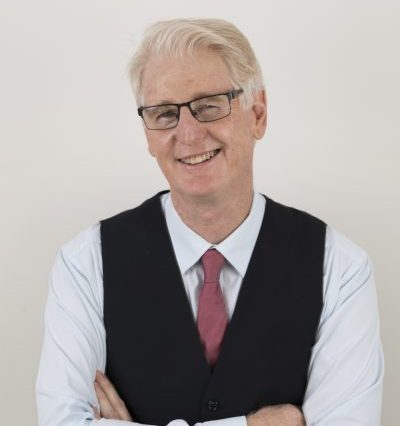I wonder if we ever really know as much as we think we do. A recent article in Spine (1) looked at GPs with a self described special interest in musculoskeletal or occupational health medicine and their management of patients with low back pain. The conclusion drawn by the Australian investigators was, ‘A special interest in back pain is associated with back pain management beliefs contrary to the best available evidence. This has serious implications for management of back pain in the community.’ In other words, those GPs who believed they were more ‘expert’ were actually the opposite!
It got me wondering about the risk of ‘knowing’ something so well that we cease to refresh or challenge our knowledge base.
For example, I have a special interest in shoulders. I have written and taught about shoulders for over twenty years. Yet, how many shoulder workshops have I attended that I didn’t actually lead? Maybe one every couple of years. Post-graduate university teaching and delivering at large conferences have obliged me to try and keep up with other work, but I am only human. And one of our human limitations is the ability to blind ourselves to new information when it suits us. To hold a strong position and then avoid, disregard, mis-interpret or bend new information so as not to rock the conviction already held. I love finding research articles that support my clinical observations and the foundations on which I treat patients. I share these papers, use them in my reference lists and acknowledge the wisdom of the researchers. Upon reflection I suspect I treat papers that don’t resonate with my beliefs and practices somewhat more cursorily. Beyond that, I am sure many colleagues jump on the very papers I underestimate and embrace them enthusiastically because they experience a resonance with them. Academic rigor in research demands a review of relevant published work even those not supporting hypothesis. To keep an open mind pending the outcome. Outside of the research environment there is no such imposed balance.
Knowing stuff can be dangerous. You can retreat to a comfort zone of ‘well that’s that, I understand it now’ and cease to be open to new, different, complementary or even opposing views.
Knowing stuff is cognition. Knowing that your knowing is incomplete and is subject to your attitudes, prejudices, bias, expectations and experience is meta-cognition – the ability to rise above your ‘knowing’ and perceive that your knowledge base is a mere speck of sand on the wide beach of what you do not yet understand. Maybe this is the difference between knowledge and wisdom.
Just like the GPs who believed their ‘special interest’ afforded their patients an advantage, I suspect any complacency in our information quest will impact on our patient care.
That said, I am now going to register for a shoulder workshop…
1.Buchbinder et al, Spine: 15 May 2009 – Volume 34 – Issue 11 – pp 1218-1226
